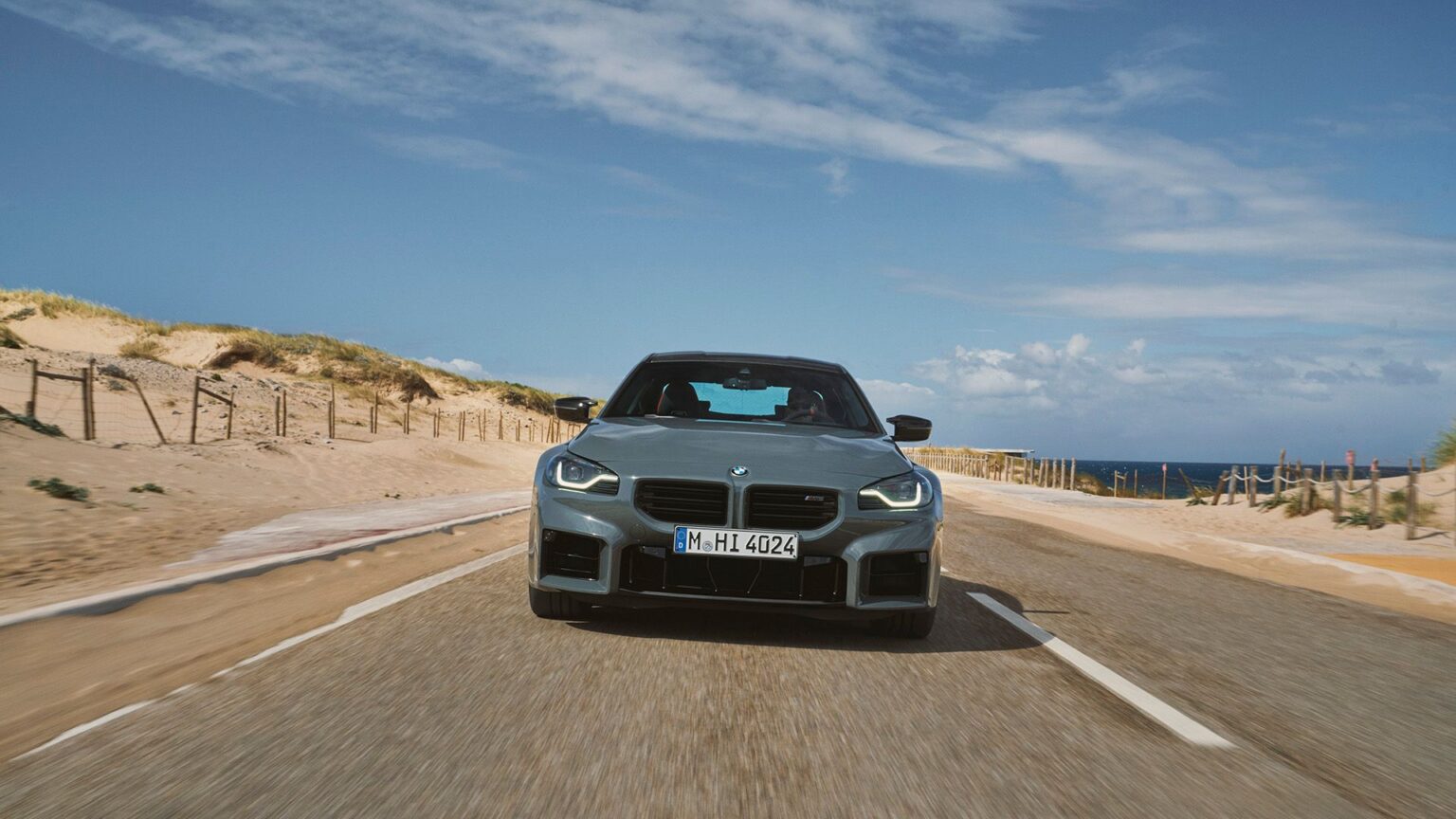BMW just keeps winning. After closing out 2024 with a trophy case full of records, the Bavarians came roaring into 2025 with the kind of swagger that’s hard to fake. U.S. deliveries climbed 3.7 percent in Q1 to 87,615 units, driven largely by folks finally giving into the seductive charms of their electric lineup. The BMW i4 sedan leapt 57 percent year-over-year, the iX crossover jumped 23 percent, and 13,538 EVs rolled off dealer lots like they had somewhere very important to be. Of course, not everything sold like this. The i5 and i7 sedans didn’t fare as well, slipping 15 and 10 percent, respectively. Even in the future, sedans are fighting uphill.
Still, BMW’s North American CEO Sebastian Mackensen isn’t sweating. “The majority of vehicles we sell in this market are also assembled in this market,” he reminded everyone, casually flexing domestic production. And that’s a smart move, because there’s a new old storm brewing—tariffs.
2025 Lexus Sales
Meanwhile, Lexus is keeping things tidy in second place with a Q1 record of 83,043 vehicles, up 5.8 percent. Their electrified lineup nudged up 13 percent, thanks in part to the LX hybrid. Lexus is playing the long game: solid inventory, a steady stream of new models, and just enough sparkle to keep buyers leaning Japanese in a German-dominated space.
March sales alone jumped 14.1 percent, fueled by a significant 15.6 percent rise in electrified vehicle sales. Lexus’s commitment to eco-friendly options, particularly its hybrid and plug-in hybrid models, continues to resonate with U.S. consumers. With vehicles like the RX, NX, and the newly introduced TX, Lexus is expanding its footprint in the ever-growing electrified vehicle market. Electrified models made up a substantial portion of Lexus’s sales, reaching 32,881 units, a 13.1 percent year-over-year increase.
Lexus’s growth isn’t just tied to its electrified lineup; the brand has strategically bolstered its offering of luxury utility vehicles, seeing their best-ever first-quarter performance. This is a reflection of the broader trend within the industry, where luxury consumers are increasingly turning to eco-friendly yet powerful vehicles. Lexus’s diverse range of electrified options, from hybrid sedans to plug-in hybrid SUVs, ensures it has something for every type of driver. With 32 electrified models across Toyota and Lexus’s combined portfolio—more than any other automaker—both brands are on track to meet the growing demand for sustainable vehicles without sacrificing performance or luxury. As Toyota and Lexus continue to launch new models, such as the 2025 Lexus LX hybrid, the automakers are well-positioned to lead in the evolving electric vehicle landscape, keeping pace with rising consumer expectations and environmental trends.
How Will Tariffs Affect Luxury Car Sales?
With 62 percent of luxury vehicles in the U.S. coming from abroad, a new wave of import duties could rattle the segment like loose change in an ashtray. Edmunds estimates more than three-quarters of Lexus vehicles sold here are imports. Audi? All of them. BMW and Mercedes? They’re in a strange spot—many of their U.S.-built cars are the priciest in the lineup, which means they might dodge the tariff but still miss the sweet spot for volume buyers.
Not All Luxury Brands Flex Sales
Mercedes-Benz, bless their Germanness, has decided consumer sales figures are too improper to share and is now counting wholesale deliveries instead. In the U.S., they shipped 67,400 vehicles to dealers—up 1.2 percent. Globally, the GLC is doing the heavy lifting, up 14 percent, while the E-Class is having a bit of a renaissance, up 32 percent. Just don’t ask them how it’s going model-by-model in the States—they’re not telling.
Elsewhere, Porsche is throwing a party—sales exploded 41 percent to 18,884 units. Volvo? Quietly climbing, up 7.5 percent on the back of their electrified offerings, even as Europe and China gave them the cold shoulder. Genesis surged 18 percent, proving yet again that leather, tech, and swagger don’t need a century of heritage to sell. And Infiniti… well, Infiniti dropped 5.3 percent. Maybe it’s time to stop resting on the laurels of 2007.
TopSpeed’s Take
So what’s the bottom line? The luxury segment is outperforming the rest of the market—up 6.1 percent overall versus the industry’s 4.4 percent. But with lease penetration dropping and prices spiking (up 27 percent in five years, to $72,070 a pop), the question isn’t who’s selling the most. It’s who’s ready for the buyers who stopped shopping years ago and are about to come back… with sticker shock.
Source: Lexus, BMW
Read the full article here


